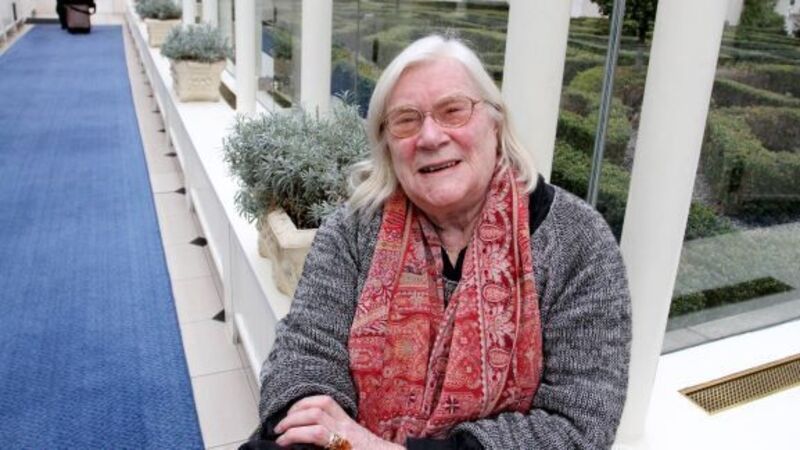Johnston shows her worth as one of Ireland’s most compelling voices

Her novels display a surface smallness that belies their immense depths. She is a storyteller of truth and its consequences, and her books are deep and worthwhile considerations of the human condition
Annie Ross is a young woman treading water. Born into a very wealthy household, she fled, at the youngest possible age, following her mother’s passing, in order to escape the grip of her father, a cold, controlling and overbearing man, and has settled in London where she ekes out a meagre living working in a bookshop.











